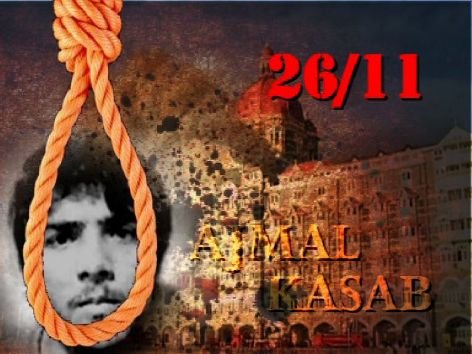
Mumbai, November 22: The hanging of Ajmal Kasab was executed by a senior jailer, according to sources.
Refusing to disclose the identity of the hangman, Maharashtra Home Minister R R Patil, on persistent questioning, gave a circumlocutory reply.
“We had several applicants willing to do the job for free. But the government felt that it will be the best to get it done by an authorised person.”
The official hangman in Maharashtra died over a decade ago, and his son apparently refused to continue with the family tradition citing paltry pay. Patil said while the hangmen were previously paid a “mere Rs 10,” per hanging, the fee has now been increased to Rs 5,000.
The execution, named “Operation X” by the Union Home Ministry, landed the state government in trouble as it struggled to find a hangman. It is learnt that the government then asked a senior jailer to execute Kasab, as jailers are well-versed in the dynamics of the gallows.
Interestingly, most jailers have ample tales to narrate regarding the death-row convicts and their unusual behaviour on the way to the gallows. A jailer from central India wrote in his memoirs that while one of the convicts asked for 10 kg of ladoos as his last wish, another wanted to be taken to the gallows in a palanquin. While most of the death-row convicts recite prayers, several of them have to be carried or dragged as their legs give away.
Kasab's behaviour in his last hours, however, remains shrouded in mystery.





Comments
Add new comment